
Age of Mythology: Retold (PC) - Review
by Mark Nielsen , posted on 13 September 2024 / 5,169 ViewsAfter a string of remasters of earlier entries, as well as a whole new entry in the Age of Empires series around the turn of this decade, it finally became time for the sometimes-forgotten but just as beloved stepbrother, Age of Mythology, to get similar treatment. The original was a great success in its time, reaching even beyond the typical fanbase of the mainline series, winning many over with its epic battles of mythical creatures, heroes, gods and titans. So the question is how well that mix holds up today, and how well World’s Edge and Forgotten Realms have managed to prepare it for that task.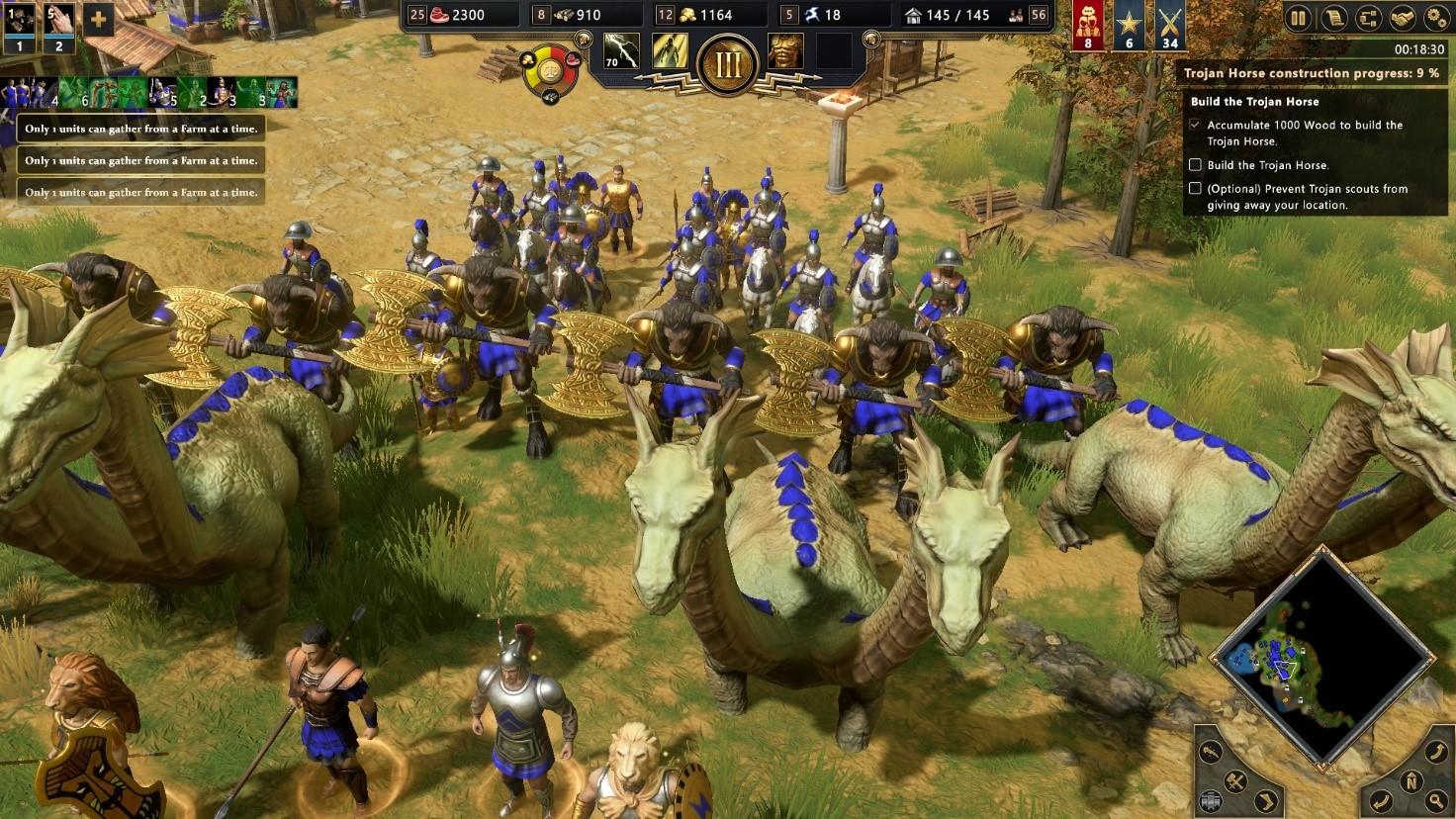
At its core Age of Mythology: Retold boasts similar gameplay to the 2002 original, which means it's very much in line with the Age of Empires titles and traditional RTS experiences. You gather various resources to build an “empire”, upgrades, and ultimately an army to take down your foes. It’s a tried-and-true formula that Mythology sticks to, both then and now, but it did add some interesting elements that made it stand out from the Empires games. Chief of these was Favor (of the gods), which was gathered at the temple and used to create both extra powerful mythological creatures and use “God Powers” – special abilities that sit in the hand of the player, rather than a particular unit, and can have a massive impact on the playing field. The result is a game that can feel a bit more chaotic than its Empires counterparts, particularly if you throw in the Titans added by the expansion and brought back in Retold, but that's exactly where a lot of the fun lies.
Like most RTS titles Mythology comes with multiple factions, and on top of that it lets you choose a god within that faction - this modifies your starting god ability, as well as your tech-tree in various ways. The difference isn’t massive but it adds a bit more player choice and variety without having to make twelves whole factions with completely new units.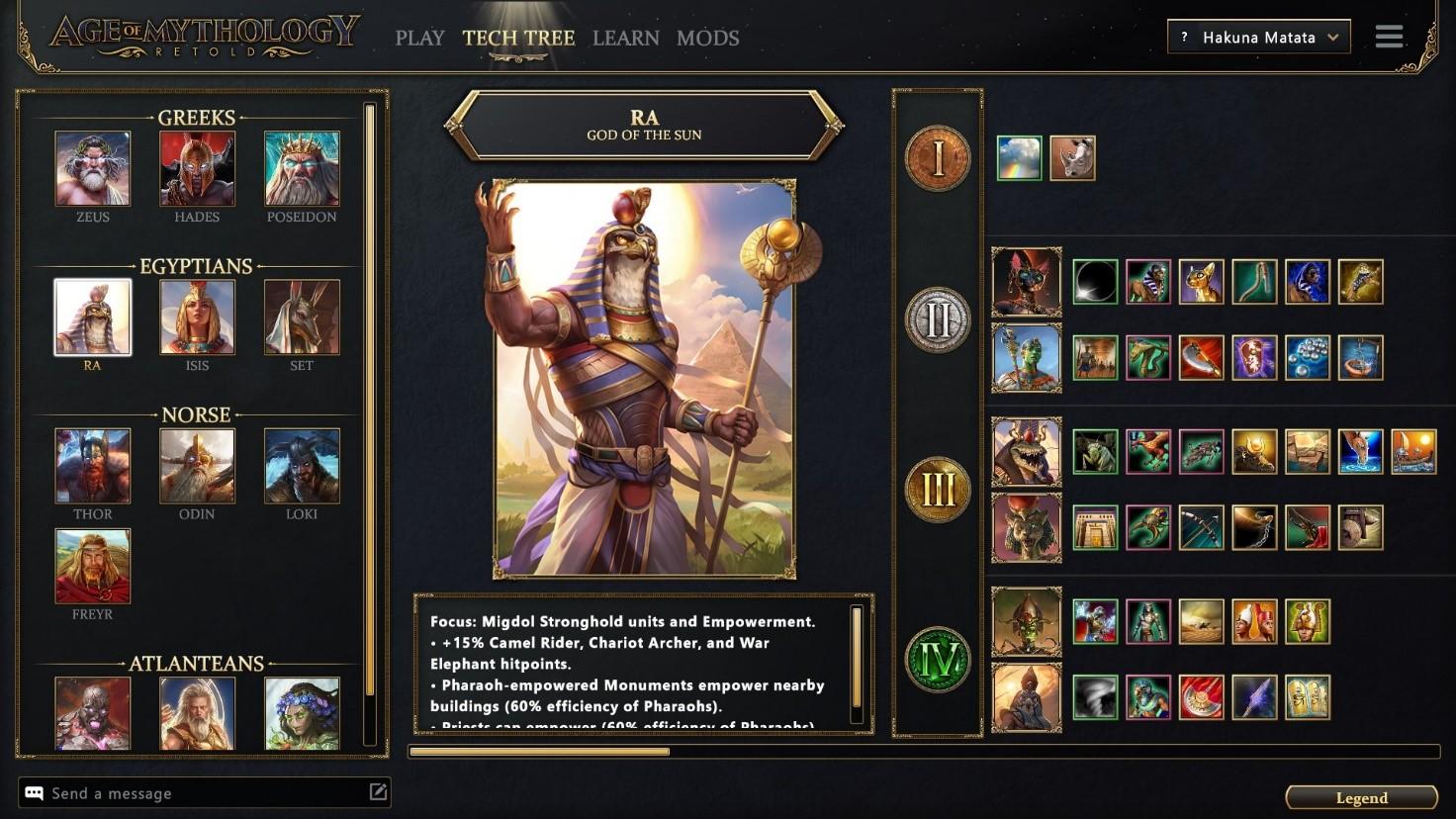
Looking at what Retold has brought to the table it’s first worth noting what it keeps intact. The general feel and framework of the game remain the same, and it includes the same list of units, factions, and gods, although it seems even more of the latter will be added as future DLC. Beyond that, however, the list of changes is quite significant: there's the less obvious, like a ton of balance reworking; major gameplay upsets, like allowing the recasting of God Powers at the cost of Favor; an increased population cap, allowing for bigger armies; and the addition of a Wonder Age, which is essentially a fifth tier to your empire where there was previously only four - it makes myth units and Titans stronger and God Powers significantly cheaper. Wonder Age in particular is the ultimate end-game power-up that can not only be game-winning but also quite fun.
Other than direct gameplay changes, the UI is another aspect that's been overhauled; it boasts more information and things have been moved around a bit. It’s not strictly better or worse than the old UI (the old one held a certain charm), but it’s perfectly functional and should be easy to get used to regardless of whether you're a new or returning player.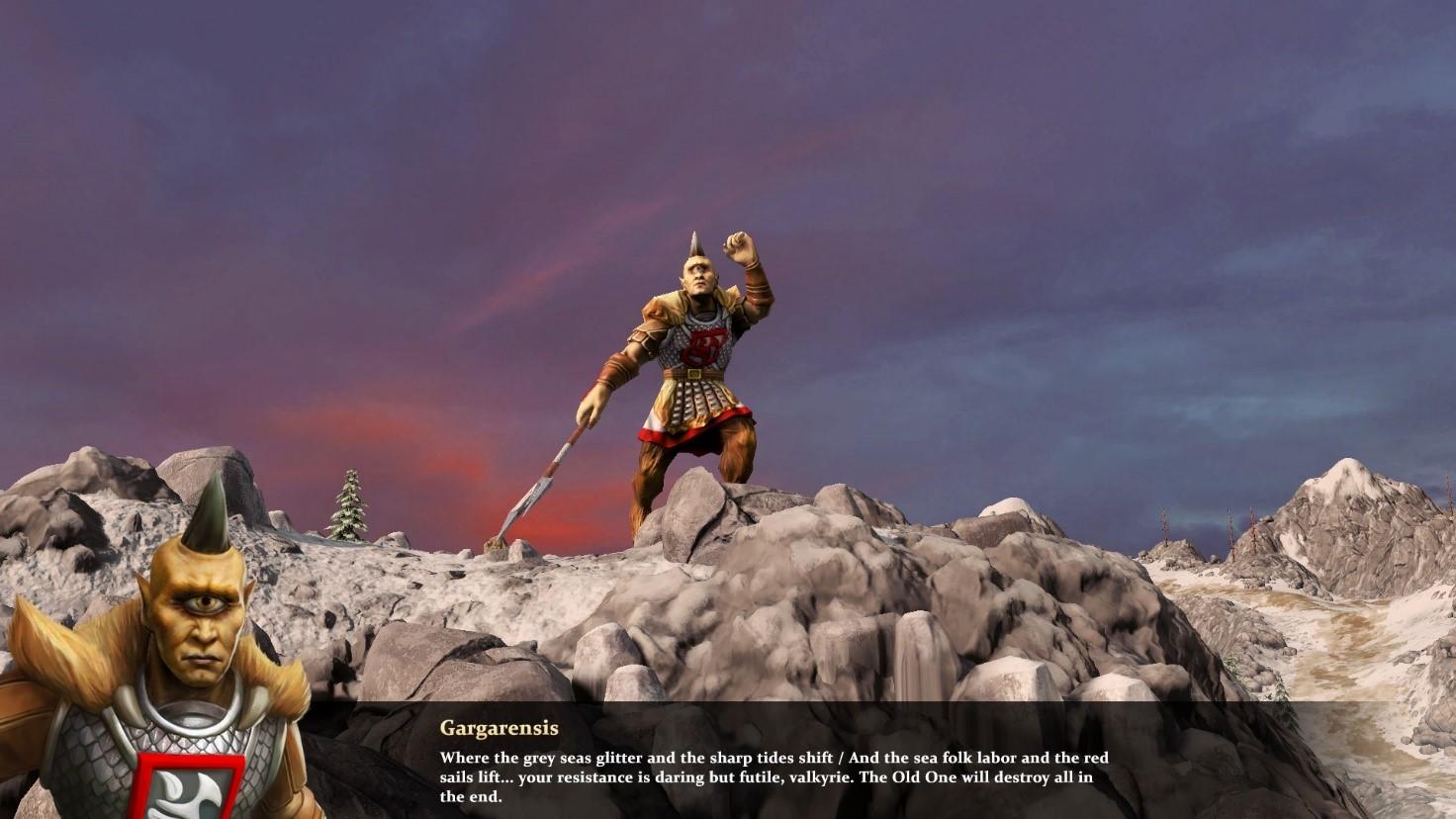
The new graphics are both a positive and a negative. Retold brings the game and its menagerie of mythological creatures much closer to modern standards, while retaining and increasing the spectacle of it all, but both the models and sprites can appear somewhat stiff and plasticy up close, and sometimes even cheap, especially during the campaign cutscenes. It’s the eternal struggle of the remaster: to bring more detail where the lack of detail might have obscured imperfections before, in models as well as animations. The result is a game that feels neither quite modern nor classic in its look.
A toggle between new and classic graphics would perhaps have been one way to solve that, and a very welcome (if probably also cumbersome) one at that. It’s worth noting that Age of Mythology: Extended Edition still exist, for those who prefer the original look, but perhaps for that very reason it might have made even more sense to include such a feature to establish this as the definitive edition (though to be fair they didn’t put that in the title this time around).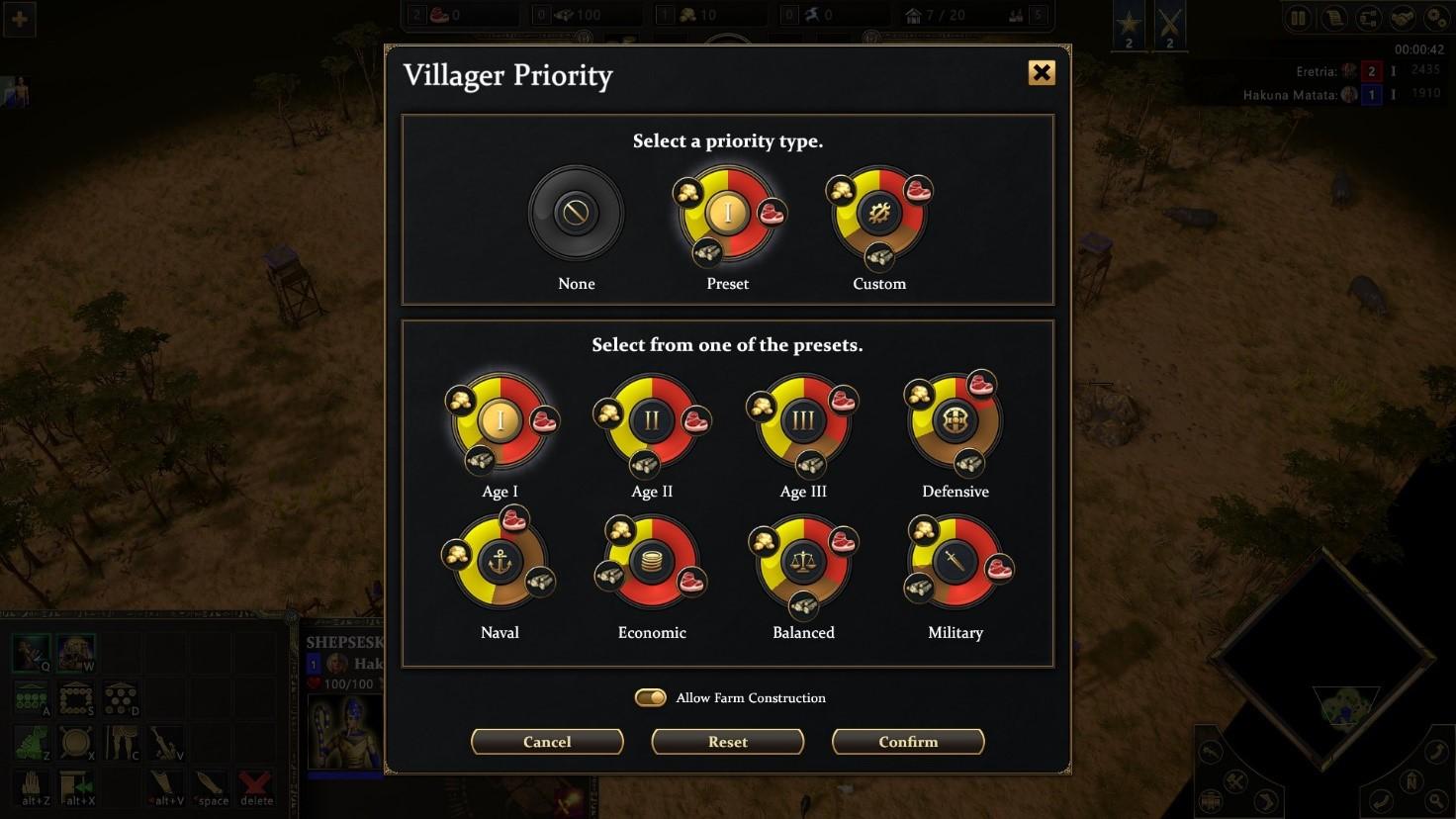
For better or worse, Retold contains various features to simplify or automate the classic RTS loop, including the ability to choose a worker AI setup where they atomically split themselves between different resources, auto-queuing units in buildings, auto-casting abilities on units, and even auto-scouting on units intended for that purpose. While this is somewhat in line with the original game, which introduced unit auto-queuing, such “simplifications” will no doubt wrinkle a few noses. Fortunately, since they're optional and rarely a perfect replacement for manual play, they're mostly a net positive, certainly for new players to the genre/series, and just as much so for those looking for a more relaxing experience. I mention that because Mythology has always leaned a tad more to the casual side than many other titles in the genre, and leaning more heavily into that isn’t necessarily a bad thing. It can almost be played with just the mouse hand now if you so desire, which in a genre full of multitasking and complexity makes it the perfect game to unwind with.
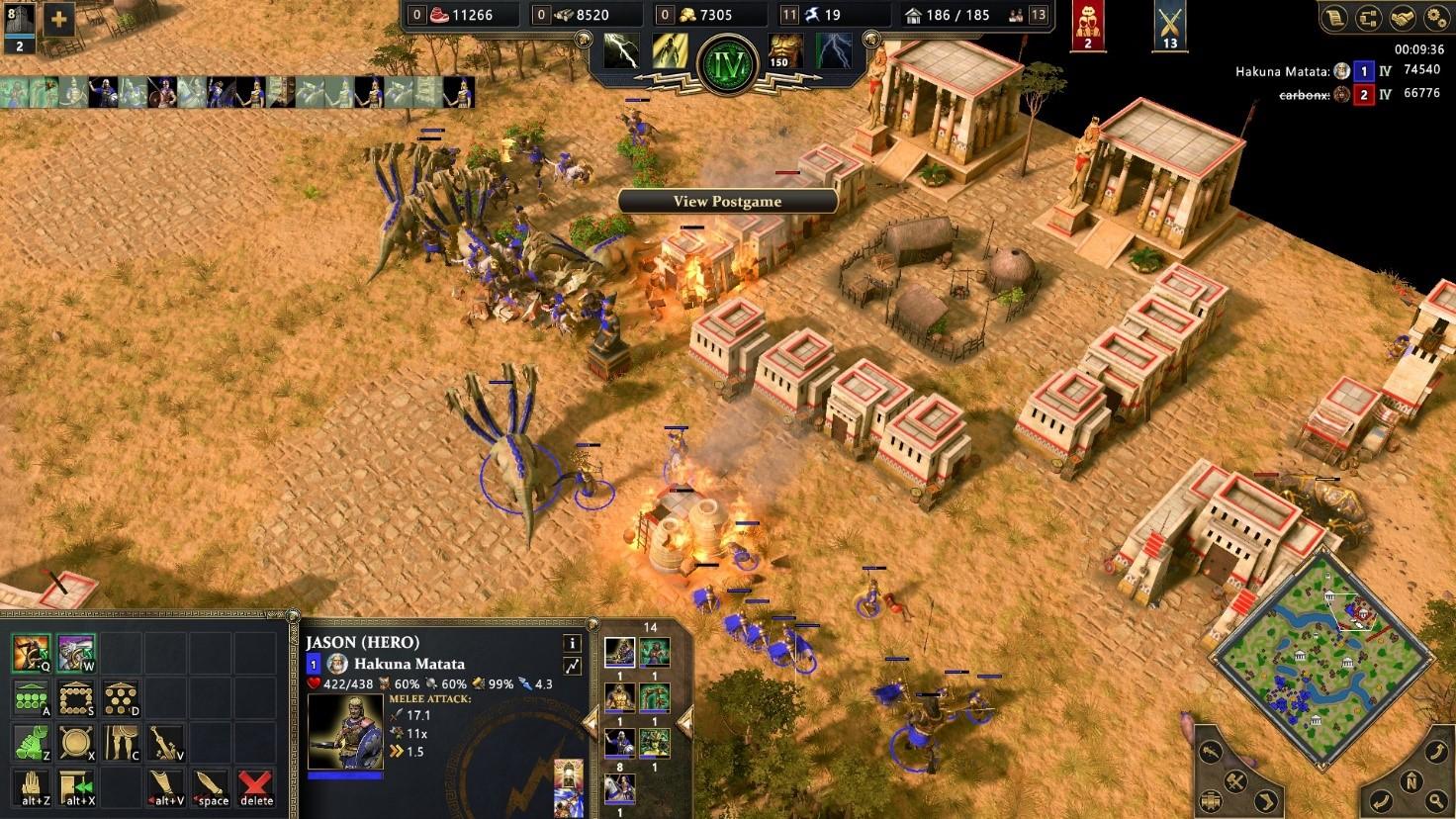
Unit pathing is another area that has seen improvements in Retold, however unit formations remain one of the biggest cruxes of the game. While formations function the same as they did in the original Mythology or Empires II, the lack of any free-move formation is one of the biggest flaws compared to other RTS titles; it forces you to use separate control groups or select units separately if you don’t want your entire army moving at a crawl due to the one or two catapults it might contain. At the same time, when selecting your units and attempting a retreat, many of your units might start out their getaway by running into the enemy line of fire in order to ensure that they flee in a military formation. Veterans will of course be used to this system, but for new players or those used to other RTS franchises with, frankly, better pathing systems, it still remains a detriment to the experience.
Looking at game modes, Retold offers exactly what it needs to. There’s multiplayer, with ranked, casual, and custom lobbies. All three contain different formats and the latter has different victory conditions to choose from as well. On the single-player front, you can set up a game against bots or undertake one of the fairly meaty campaigns. These campaigns are another area where Mythology stood apart from its Empires predecessors, containing a few (and originally just one) longer, continuous campaigns, rather than the smaller scenarios found in the first two entries. It’s a welcome change and, while the storytelling might not be quite divine, it does plenty enough to keep you engaged with its tales of mythology both familiar and unfamiliar.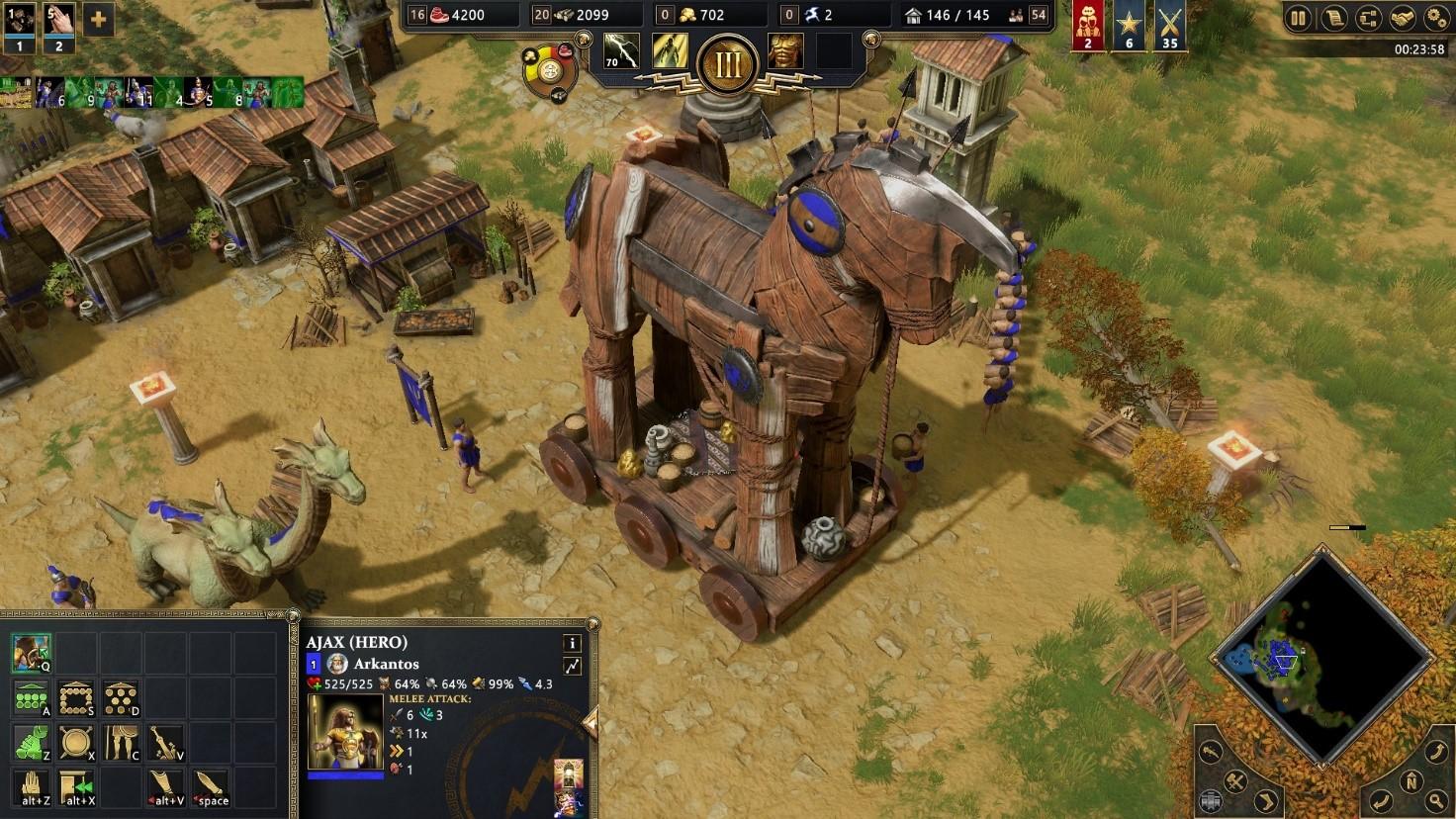
All in all, Age of Mythology: Retold is both a solid RTS and reimagining, but a bit of an odd one as well. It brings enough changes to the table to offer a new experience, but at the same time one that is in other ways bound in the past. Both this and its less than optimal visuals make it feel a bit stuck between old and new. For those simply looking for a nostalgia fix, the added features and changes don’t necessarily outweigh the more classical feel of the Extended Edition, which has been out for many years. For completely new players on the other hand, Retold would make for a perfectly good entry point into the RTS genre, if not quite a definitive one. In the end, those likely to find the most enjoyment in Retold might be existing fans of Empires or Mythology who are looking for a shake up, or any players that simply find themselves starved for a good RTS. Ultimately, even if it might not win over everyone, it can’t be denied that Mythology was indeed a tale worth retelling.
VGChartz Verdict
7.5
Good
This review is based on a digital copy of Age of Mythology: Retold for the PC, provided by the publisher.
More Articles
"The lack of any free-move formation is one of the biggest flaws compared to other RTS titles; it forces you to use separate control groups or select units separately if you don’t want your entire army moving at a crawl due to the one or two catapults it might contain" I felt that in my BONES! XD
Great review! I've been having a ton of fun replaying one of my childhood favorites again with a new coat of paint. But that's also just what it is, a new coat of paint. While a lot has been adjusted, added, or made to look a lot prettier (portraits, main menu) you can still undoubtedly tell you're playing a game from 2002. Which can be a turn off for some newcomers. But for someone like myself, it's still the same game I loved back in the day. It just looks the way I imagined it did 22 years ago :)








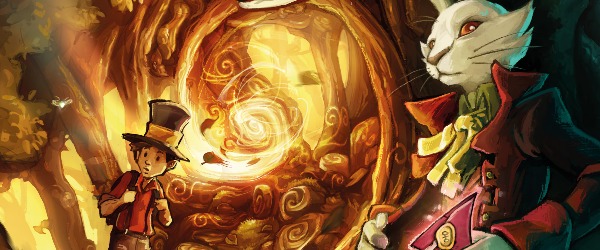
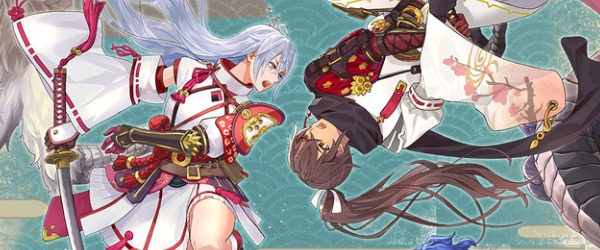
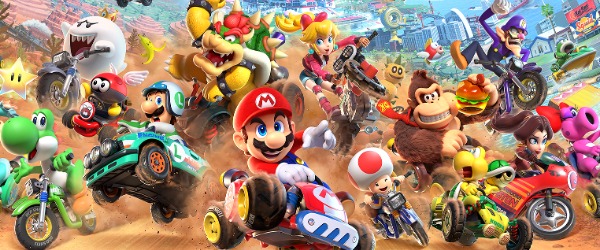
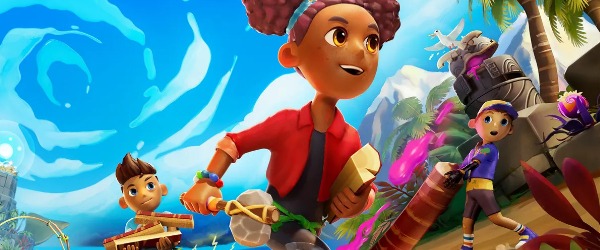













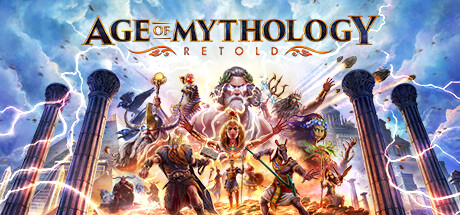



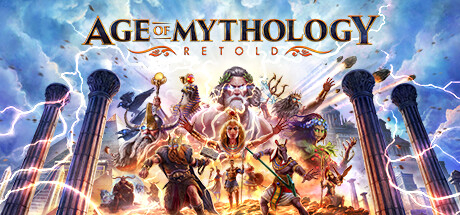

 Essay Pro
Essay Pro